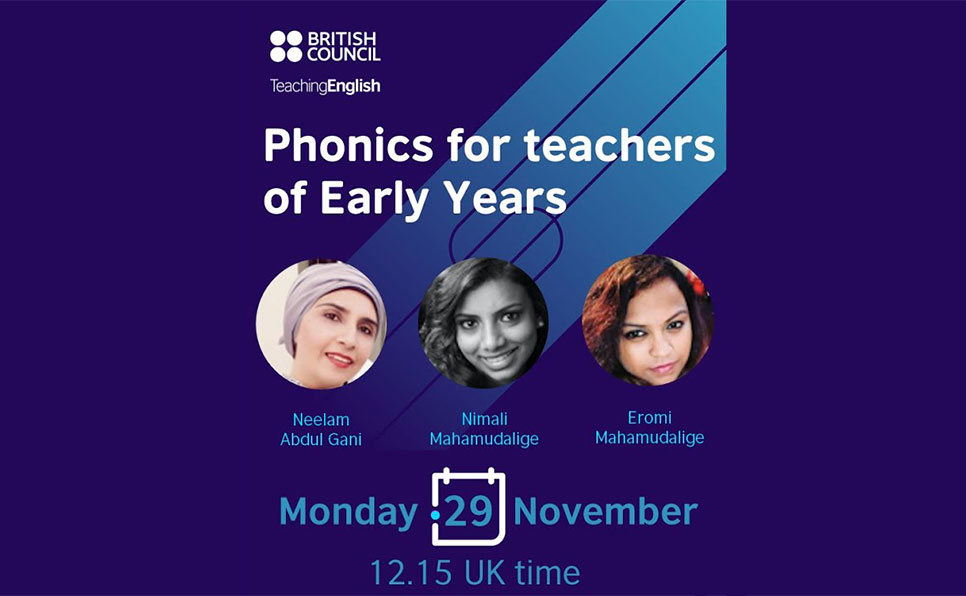Since the inclusion of Mediation as a key skill in the 2020 Companion Volume of the CEFR (Common European Framework of Reference), there has been much talk within the field of ELT about its relevance to learning language. But what is Mediation, why is it important, and how do we integrate it into our teaching practice? In this talk, we discuss these questions and explore how Mediation is dealt with in learning materials, and how inclusion of Mediation tasks can support learners in becoming more empathetic communicators. We will also invite teachers to share experiences and challenges from their own teaching practice.
This is a webinar about mediation presented by Rachael Gibbon and Delia Kidd.
The speaker, Rachel Gibbon, clarifies that mediation is about communication, not meditation. Mediation is the process of communication between people where one person acts as a neutral third party to help the other two parties reach a resolution.
The speakers discuss the fact that the Common European Framework of Reference for Languages (CEFR) added mediation to its companion booklet in 2018. Mediation is a valuable skill for language learners because it helps them to communicate in a more globalized world.
The speakers also discuss a model that shows how the different modes of communication work together. This model includes receptive skills (listening and reading) and productive skills (speaking and writing). Mediation acts as a filter for both of these stages.
The speakers then discuss how mediation can be incorporated into the classroom. They provide an example of a debate task that can be used to help students develop their mediation skills. The debate task requires students to take on a position that they may not agree with, which helps them to see things from a different perspective.
Finally, the speakers address the question of how grammatical mistakes are addressed in mediation activities. They acknowledge that accuracy is still important, but that the focus should be on communication. Mediation can also facilitate plurilingualism, which is the ability to use multiple languages.


